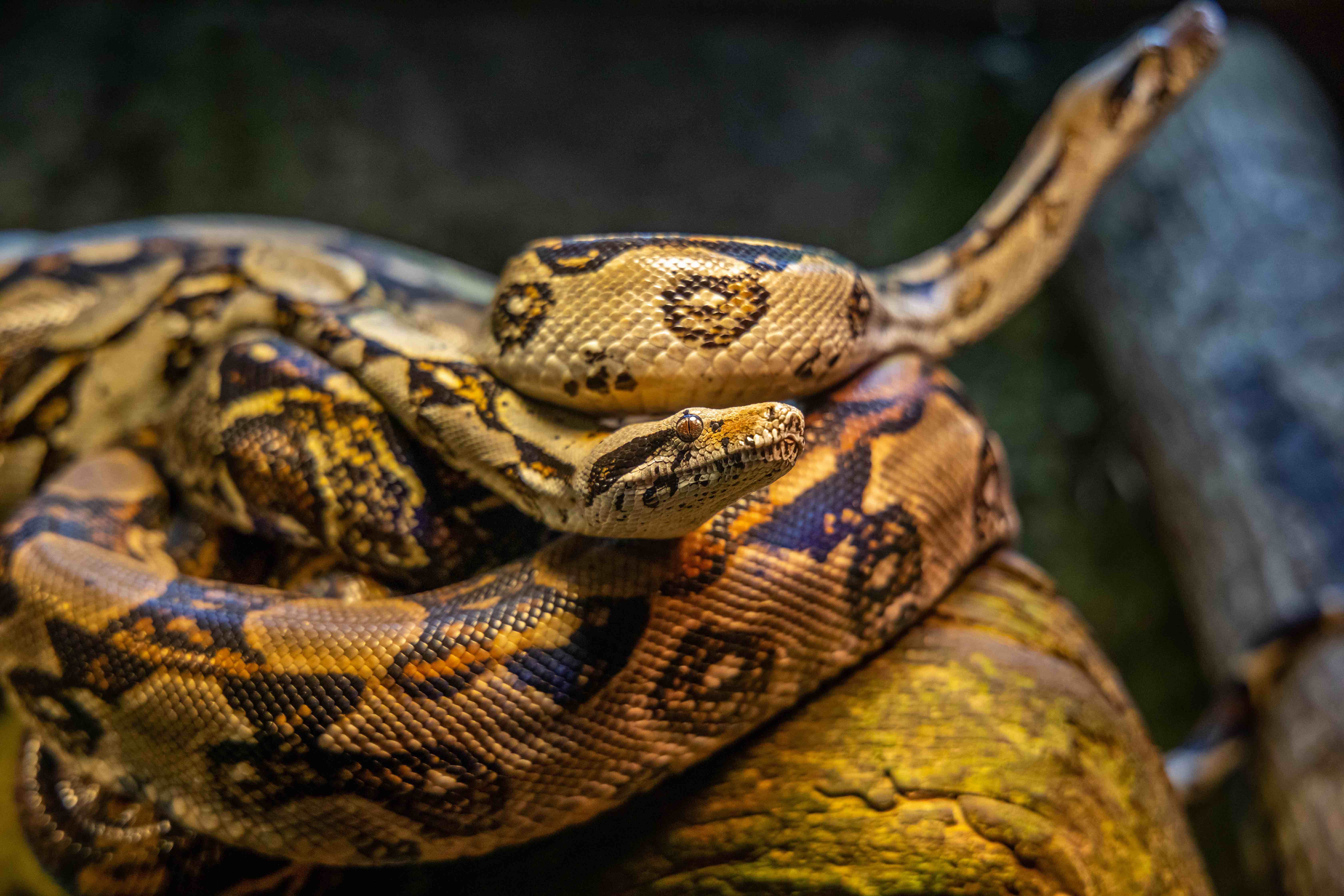Coronavirus: a wake-up call on illegal wildlife trade?

The latest deadly strain of coronavirus emerged, according to the Chinese Center for Disease Control and Prevention, from a market in the city of Wuhan selling everything from rats to wolf pups and civet cats. The Chinese government shut the market, locked down the city and banned the trade in wildlife nationwide while it battles to contain the nascent epidemic.
Initial investigations point the finger to a person that ate a snake that ate a bat that harboured the virus. But other scientists question the hypothesis, and in truth we may never know. Those who inhabit the murky underworld of wildlife trade may well have detailed supply chain records – illegal wildlife trade is an organised crime after all – but they aren’t inclined to reveal these to investigators.
It’s happened before. Remember SARS, sparked by the trade in wild civet cats? The scourge of Ebola, still ongoing, where it may have been a monkey and not a snake that ate the bat? These epidemics originate in the no man’s land between legal and illegal trade, where bushmeat and suspicious packages travel long distances on commercial routes with the help of bribes and legal loopholes.
And it will happen again. The trade in illegal wildlife products is valued at up to USD 23 billion per year, and it continues at a breathless pace. Wild animals and animal products are traded at markets like the one in Wuhan right across East and Southeast Asia. Supply chains snake their way across the globe.
The problem is that hygiene and veterinary controls designed to stop the transmission of inter-species diseases, and to prevent diseases from crossing borders, cannot be applied to smuggled wildlife and wildlife goods. They are also not enforced in the places where these goods are traded, often alongside legal wildlife. Corruption plays a big role in this. Offered a bribe, inspectors are quickly ready to turn a blind eye. The market in Wuhan was given a clean bill of health by inspectors late last year.
That’s why it doesn’t matter whether the virus-inside-the-bat-inside-the-snake came from a local park or another continent. The whole ecosystem of illegal wildlife trade is the breeding ground for diseases with the potential to decimate communities and disrupt the world’s biggest economies.
There is nothing good to say about a public health epidemic. In this case, though, we can learn some useful lessons.
The Chinese government seems earnest about enforcing its ban, setting up a hotline to report illegal wildlife trade and pledging severe sanctions for violators. But one can’t help wondering if the coronavirus outbreak could have been prevented if the Chinese government had upheld the ban on wild animal markets instituted during the SARS outbreak. So the crux will be in how effectively these new measures, and in particular the preventive measures, are enforced.
On the wider point – that the negative impact of illegal wildlife trade extends far beyond wildlife – a much broader range of stakeholders must hear the wake-up call from the coronavirus outbreak.
Consumers who buy illegal wildlife products as luxury food items, as ingredients for traditional medicine or for prestige are unlikely to be motivated by concerns for animal welfare. But maybe they care about protecting their families from the risk of disease. A new angle for awareness campaigns?
Businesses should worry about security risks when corrupted employees bypass standard checks, or reputation risks when their company appears in media articles linked to a wildlife smuggling bust. When it costs human in addition to animal lives, it hurts the company even more. Businesses and industries must do more still to strengthen their systems against abuse by wildlife traffickers, complementing calls for greater corporate social responsibility. And if nothing else, companies should be worried about the impact on their share prices: stock markets across the world have recorded index drops due to the novel coronavirus.
Banks and indeed the entire financial system have known for a long time that they are at risk of being misused by high-level traffickers and those funding criminal and terrorist activity. Acutely aware that wildlife trafficking is a major component of illegal trafficking, the FATF has called on financial institutions to prioritise tackling illegal wildlife trade as a financial crime.
In the same vein, the coronavirus situation may help wake governments up to the far-reaching risks inherent in wildlife smuggling, including in clearly visible ways on national security.
Much remains to be seen in relation to this new strain of coronavirus. If decisive action by the Chinese and other affected governments can limit its spread, that will be a success. Once the current outbreak is defeated, taking decisive action to end the illegal wildlife trade that nourished the virus in the first place would be a major success. It would also be a fitting tribute to the victims and to the courageous healthcare personnel.
If we hit the snooze button on this wake-up call, it won't be long until it rings again – and next time it will be even louder.



